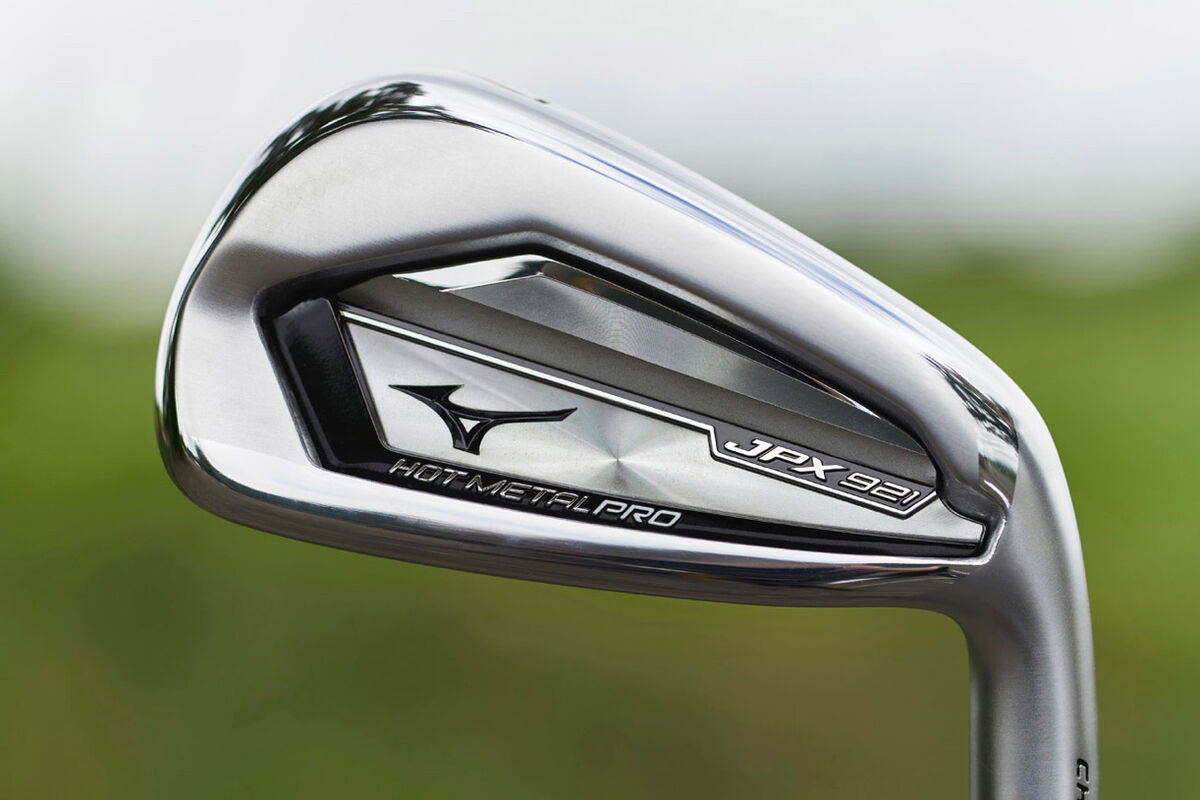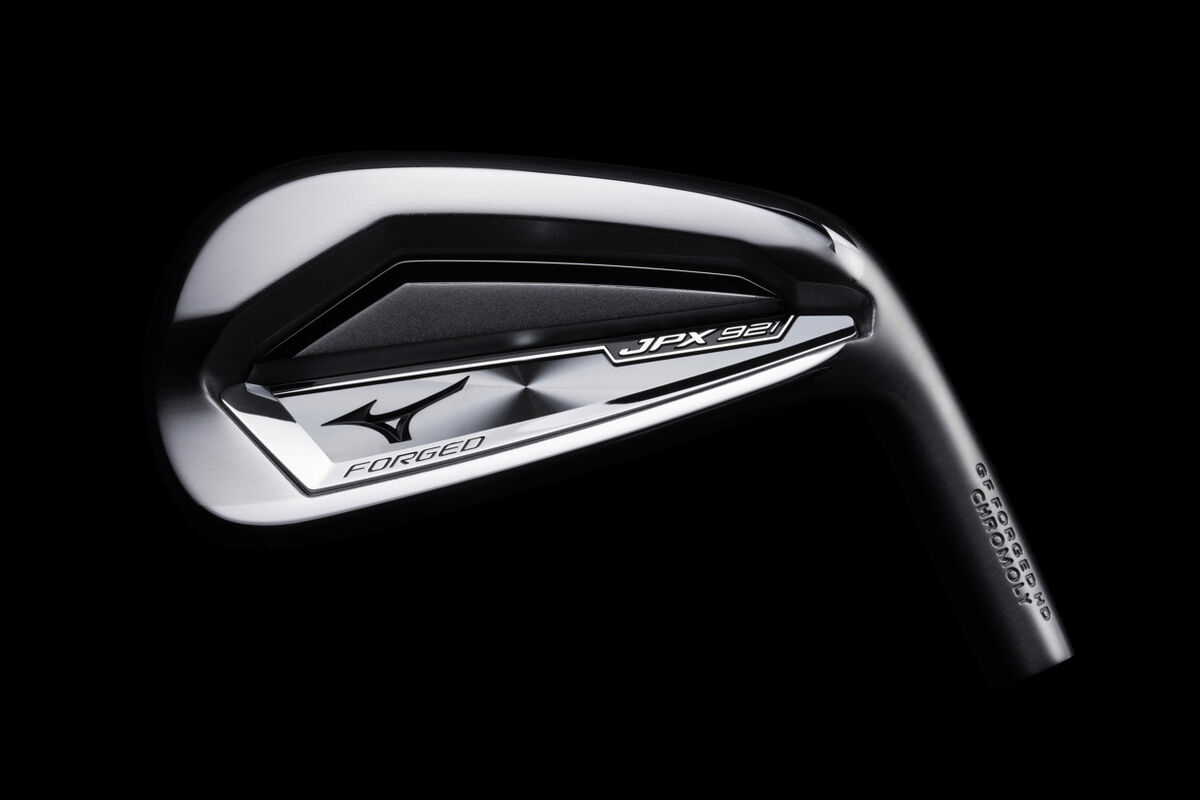Mizuno JPX 921 Forged and Hot Metal Irons Review

Mizuno, the Japanese golf company well known for its irons, recently released a series of fully forged irons. The new series includes four different models - the JPX921 forged, tour, SEL and hot metal.
New Edition of the JPX 900/919 Irons
The previous models - the JPX 900 and JPX 919 were both used to win major championships. Brooks Koepka popularized the JPX 900 with his 2017 U.S. Open win as an uncontracted player. The new JPX 921 irons come with a lot of expectations, given how popular its predecessors are.
Building on the success of these earlier models, the company released the JPX Irons series. How do you choose which iron in the series is right for you? The hot metal model provides speed and straight ball-flight, while the forged model offers the speed, stability and a soft feel.

JPX 921 Hot Metal Irons - Speed and Style
This review will focus on the JPX921 Forged and Hot Metal models, which are forged in Hiroshima, Japan. Let’s go into the features of the JPX921 Hot Metal first.
The JPX 921 has the most complex face geometry that mizuno has released to date. It has a compact profile with reduced offset. This is the third generation of irons that Mizuno has produced using a material they call Chromoly (4140M,) which is designed to produced the fastest ball flight in their product line to date.
Improving Feel and Fitting
The seamless cup face offers more flex and faster ball speeds. The clubhead has three sound ribs for a more solid feel. The clubhead is weighted around the perimeter. Mizuno calls this the stability frame, and it provides more stability from off center strikes. The JPX 921 Hot Metal iron has a pearl brush finish to eliminate distractions.
The company found that no tour players were using the JPX919 #3 iron, so the new JPX 921 set is 4-GW, encouraging players to fill the #3 iron slot. JPX 921 Tour Irons are fit with shaft optimizer 3D, which has a built in Gyro for Digital Lie Angle Adjustment. This improved fitting accuracy.
Chromoly 4120 for Maximum Speed
This new irons integrate Chromoly 4120 technology into a fully forged iron. The technology was first applied in Mizuno’s Hot Metal Irons. In the set, clubs 4-7 are made of Chromoly 4120, and the scoring irons (8-GW) are made of 1025E Pure Select mild carbon steel scoring irons.
Chromoly technology offers the fastest ball speeds that the company has ever produced. You’ll find the stability frame with tow bias provides straighter, consistent ball flight, which is also a technology used in the tour model.
How Do JPX 921 Irons Compare to MP-20 Irons?
The performance of these irons is very similar. Looks are the main thing that differentiates these two irons. The MP 20 irons have a wider sole, while the JPX921 has a sharper look and a straighter flight. According to the manufacturer, longer term tour players prefer the MP20 Irons, and the younger players prefer the speed and straight shot of the JPX irons.
Are Mizuno Irons Easy to Hit?
If you’re looking for a forgiving Mizuno iron, go with the JPX 900. The JPX 921 forged is targeted towards a mid to low handicap golfer (10-14.) and the tour, given the name, is intended for a low handicap player.
Mizuno JPX 921 irons are sleek with great feel and workability. This series isn’t for a beginner or high handicap golfer, but it will certainly be appreciated by a more skilled golfer who may be willing to make the switch from a competitor brand like TaylorMade. An 8-iron set retails for $1,300 MSRP.
JPX 921 Forged Specs
| Club | 4 | 5 | 6 | 7 | 8 | 9 | PW | GW |
| Loft | 21 | 24 | 27 | 31 | 35 | 40 | 45 | 5 |
RH: 4-GW
LH: 4&5 iron / combines with 6-GW JPX921 Tour
JPX 921 Hot Metal Specs
| Club | 4 | 5 | 6 | 7 | 8 | 9 | PW |
| Loft | 19 | 22 | 25 | 29 | 34 | 39 | 44 |
RH and LH (4-PW)